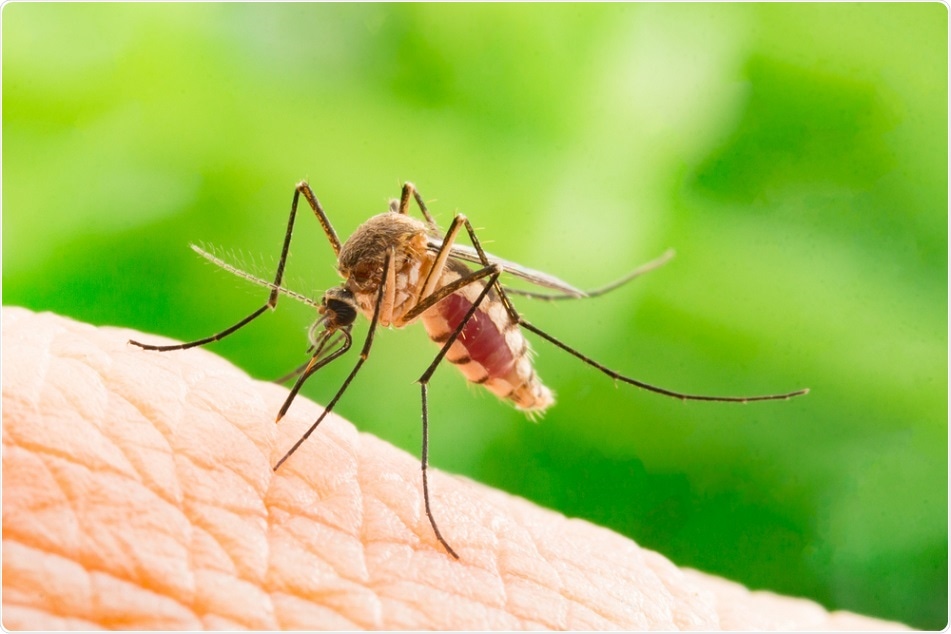A team of international researchers may have identified a new way to control mosquito-borne illnesses, according to a new study published in the journal Nature Communications.

Shutterstock | frank60
In a collaborative effort led by Marine Biological Laboratory (MBL) scientists Julie Reveillaud and Sarah Bordenstein, scientists have turned to manipulating a parasitic bacterium called Wolbachia that can influence the reproductive health of disease-carrying mosquitoes.
Wolbachia can modify the sperm of its mosquito host and influence the insect’s reproductive behavior. If a male mosquito infected with Wolbachia mates with an uninfected female or with a female that carries another strain of Wolbachia, then embryos cannot develop.
Together with senior author and MBL fellow A. Murat Eren (Meren) from the University of Chicago and, the researchers identified a new mobile DNA element within Wolbachia that could help to improve strategies for controlling mosquito vectors of disease.
The team reconstructed near-complete genomes of Wolbachia taken from the ovaries of Culex pipiens mosquitoes and identified a novel plasmid - a small, circular DNA molecule that can replicate independently of chromosomal DNA. Since a plasmid is a mobile DNA element, it can move between cells, potentially influencing the fitness of a microbial species, as well as how it evolves. A plasmid that can move from one Wolbachia cell to another and therefore across a Wolbachia population could serve as a platform for influencing the reproductive health of disease-carrying mosquito populations.
"Our data show that this novel plasmid is widespread across natural Wolbachia populations that infect C. pipiens mosquitoes throughout the world, which implies it has an essential role. The idea that it may enable transformation of the Wolbachia populations is simply very exciting," says Meren.
Previous sequencing studies had revealed fragments of the novel plasmid in Wolbachia, but none had assembled the fragments into a circular molecule or recognized its extrachromosomal nature, probably due to computational imitations. In the current study, the team used a combination of cutting-edge strategies to overcome these limitations including genome-resolved metagenomics and long-read sequencing.
"The key bioinformatics platform that enabled us to study mosquito metagenomes and Wolbachia pangenomes in this study, and the connections between scientists with distinct skills that made this discovery possible, were developed at the MBL," says Meren. "Almost everyone in this paper is somehow linked to the MBL."
Source: https://www.eurekalert.org/pub_releases/2019-03/mbl-nme032019.ph